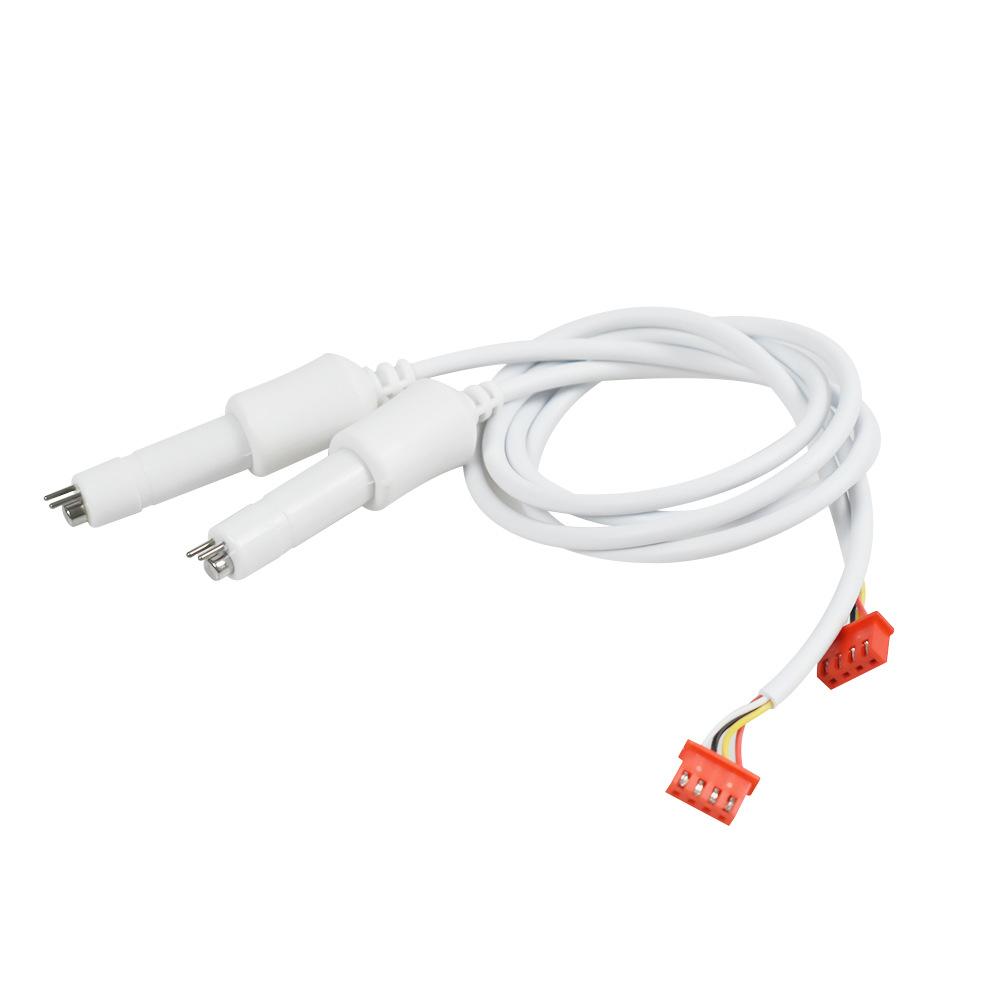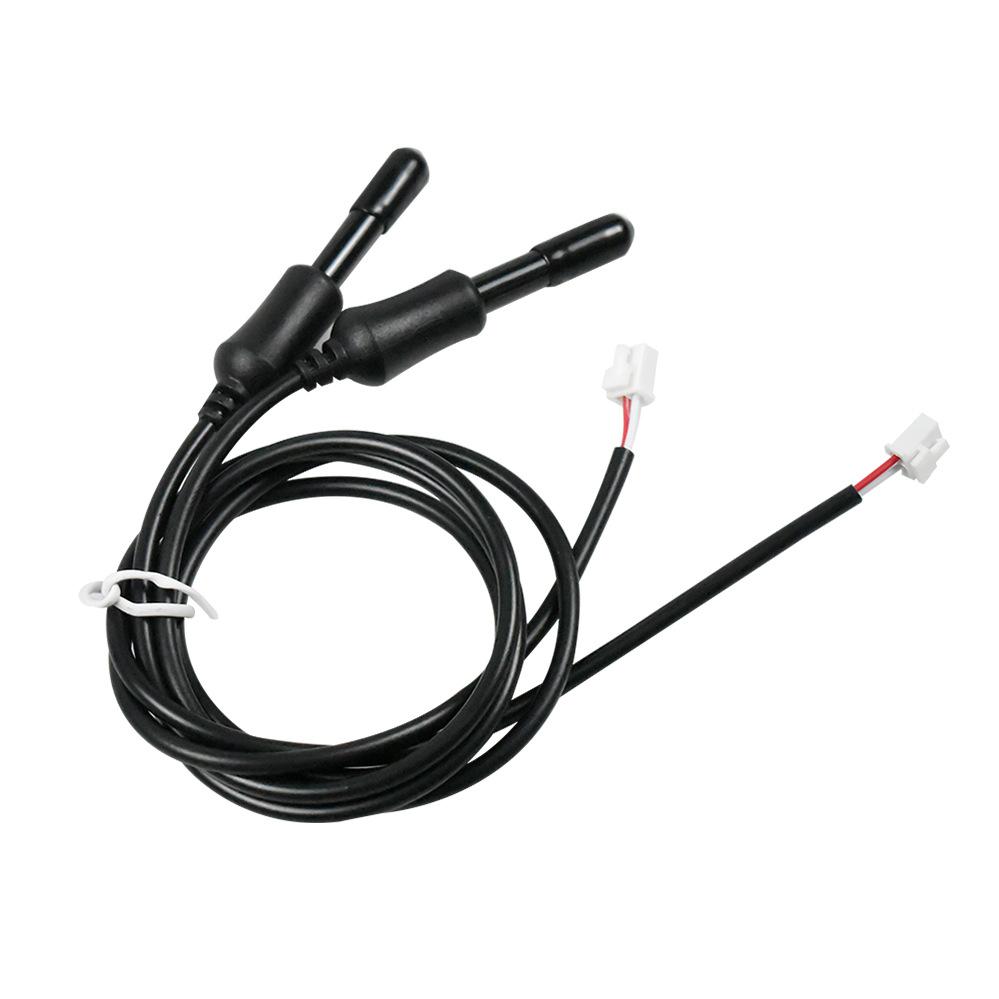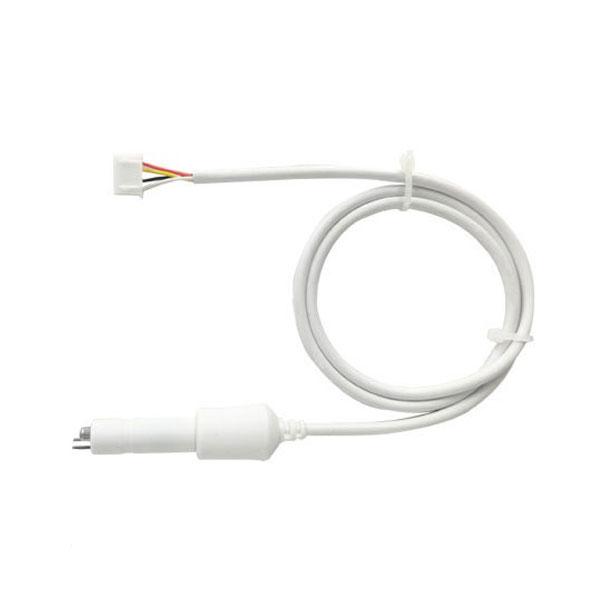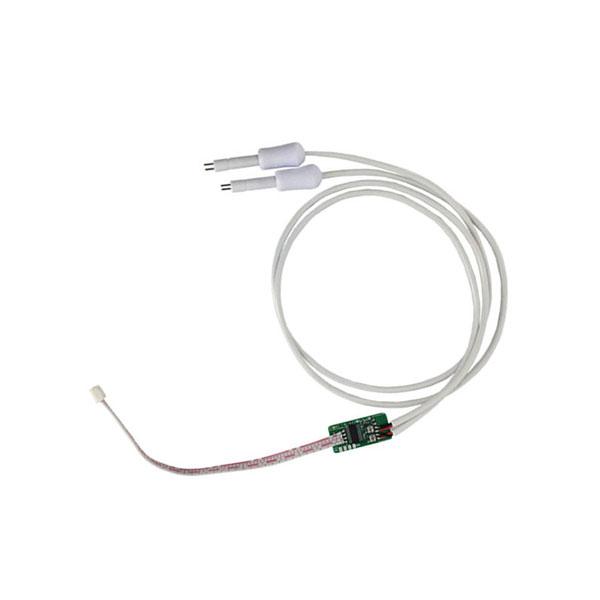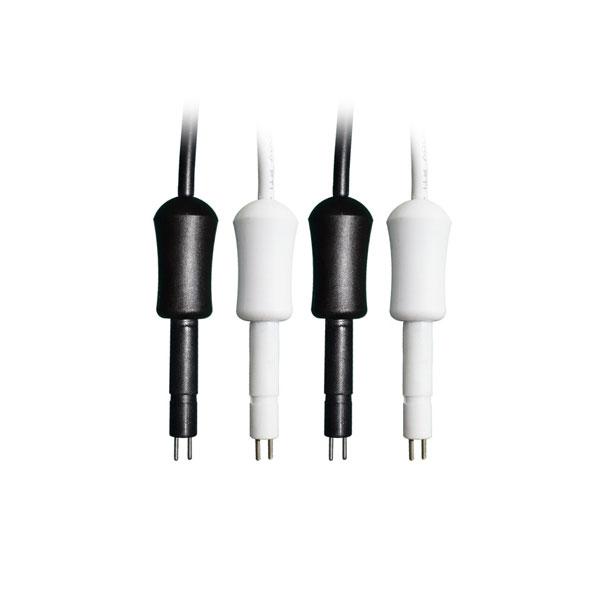TDS Sensor
TDS (Total Dissolved Solids) indicates how many milligrams of soluble solids are dissolved in one liter of water. In general, the higher the TDS value, the more soluble solids are dissolved in water, and the less clean the water is. Therefore, the TDS value can be used as one reference point for reflecting the cleanliness of the water. This can be applied to domestic water, hydroponic and other fields of water quality testing and monitoring.
As well as measuring the TDS of our drinking water supplies, a TDS meter can be used for measuring:
1. Fish tanks and aquariums
Fish require a specific TDS and pH similar to the natural environment in which they live. Freshwater fish require less than 400ppm, with some other freshwater fish requiring less. Saltwater fish require TDS readings of between 5000 and 50000ppm.
2. Hydroponics
A TDS meter is a useful aid for quickly measuring the nutrient concentration of a hydroponic solution.
3. Pools and spas
A low TDS reading can help prevent maintenance issues, skin irritation, and algal blooms.
4. Colloidal silver
There are many consumers of colloidal silver today using a TDS meter to measure their colloidal silver concentration in parts per million (ppm). The TDS meter gives a relatively accurate measurement.

